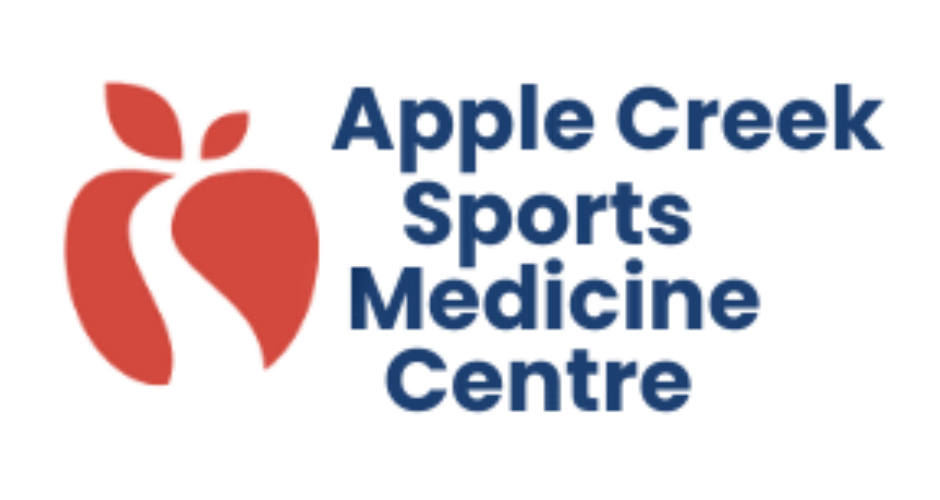
Fueling Your Performance: Pre-Game Nutrition Tips for Athletes
John Sage, Osteopathic Manual Practitioner

As an osteopathic practitioner and athletic therapist, I often emphasize that proper nutrition plays a vital role in athletic performance. What you eat before a game can directly impact your energy levels, endurance, and recovery. Here are key pre-game nutrition tips to help athletes maximize their performance.
1. Prioritize Carbohydrates for Energy
Carbohydrates are the body’s primary fuel source for high-intensity activities.
- Opt for complex carbs like whole grains, oats, sweet potatoes, and fruits to provide sustained energy.
- Avoid excessive refined sugars that can cause energy crashes.
- Consume your main carb-rich meal 3-4 hours before competition.
2. Include Lean Protein for Muscle Support
Protein helps with muscle repair and maintenance.
- Choose lean sources such as chicken, turkey, fish, eggs, or plant-based options like tofu and legumes.
- Aim for a moderate portion of protein in your pre-game meal to avoid sluggish digestion.
3. Don’t Forget Healthy Fats
Healthy fats provide long-lasting energy, particularly for endurance athletes.
- Incorporate sources like avocados, nuts, seeds, and olive oil in moderation.
- Avoid high-fat, greasy foods that can slow digestion and cause discomfort during play.
4. Stay Hydrated
Proper hydration is key to maintaining endurance and preventing cramps.
- Drink water consistently throughout the day leading up to your game.
- Electrolyte-rich fluids (like coconut water or sports drinks) can be beneficial, especially in hot conditions or for prolonged activity.
- Avoid excessive caffeine or sugary beverages that may lead to dehydration.
5. Time Your Pre-Game Meal Wisely
Timing is crucial to ensure proper digestion and energy availability.
- 3-4 hours before: Eat a well-balanced meal with carbs, protein, and healthy fats.
- 1-2 hours before: Have a small snack, such as a banana with peanut butter or yogurt with granola.
- 30-60 minutes before: Stick to easily digestible options like a sports drink, fruit, or an energy bar.
6. Listen to Your Body
Every athlete is different, so it’s important to find what works best for you.
- Experiment with different meals and snacks during training to determine your ideal pre-game nutrition.
- Avoid trying new foods on game day to prevent digestive issues.
Final Thoughts
Pre-game nutrition is a crucial aspect of athletic success. By fueling your body with the right balance of carbohydrates, protein, and hydration, you can enhance your endurance, focus, and recovery. For personalized nutrition strategies, consulting with an osteopathic practitioner or athletic therapist can help tailor a plan that suits your specific needs
About the Author:
John P. Sage is a D.O.M.P. and D.Sc.O. osteopathic practitioner, registered kinesiologist, and certified athletic therapist. He holds a bachelor’s degree in physical education from Brock University and a diploma in sports injury management from Sheridan College. An experienced educator, John teaches at the Collège d’Études Ostéopathiques and Sutherland Chan School of Osteopathy, serving in various roles including instructor and thesis advisor. His teaching has taken him across Canada and internationally, including to Peru, covering topics such as radiology, muscle energy, lymphatics, and the upper extremity.
For more information about John,

